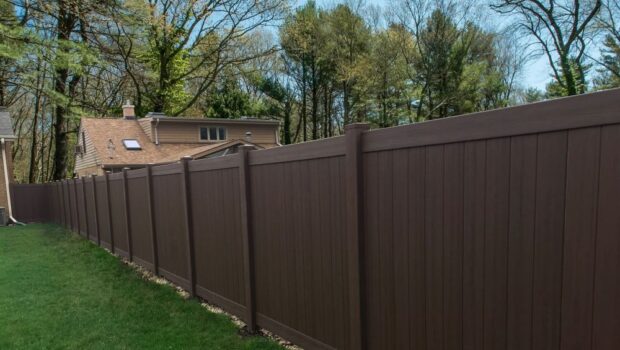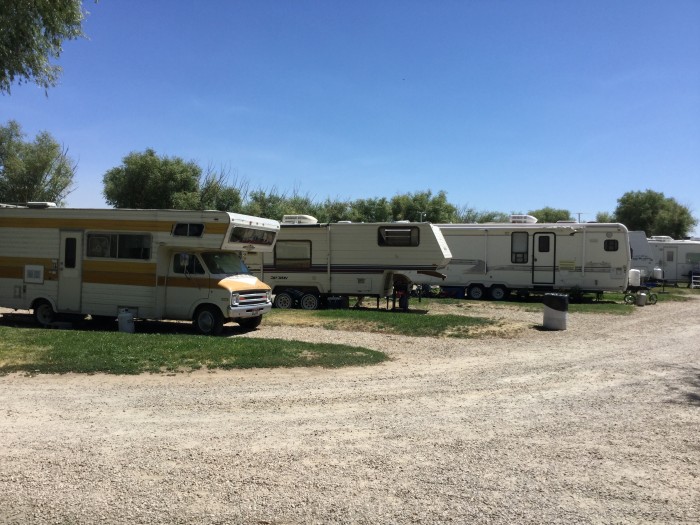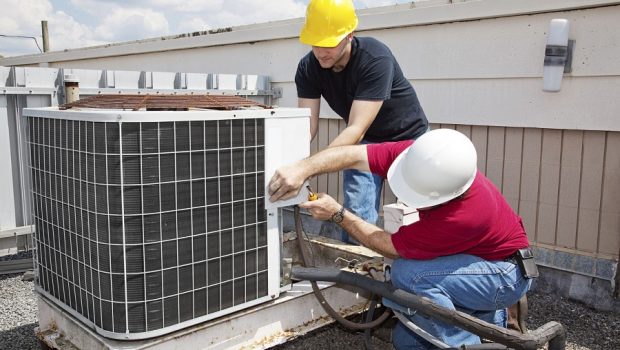Introduction
Fencing is an integral part of your property. Sometimes it’s just decorative and other times it’s for security or privacy. When choosing a privacy fence, you need to consider many things. After that, you can search for a “fencing company near me” and hire professionals to build a new fence for you. Let’s check out how you can choose the right privacy fence.
Tips & Tricks
- Height – A privacy fence is typically characterized by its height. It usually stands taller than regular decorative feces since it needs to block out prying eyes. However, that doesn’t mean you need to mimic something out of a prison movie. If you go overboard and build an exceptionally tall fence it can create many problems.
For instance, if the fence is too tall, it can block out light from reaching a significant portion of your garden. That means you shrink down the areas in your yard that get full sunlight. If you’re a gardener or have an active garden in your backyard, you may need to relocate your plants. While less sunlight may keep your yard cool during the hot summer season, it can become a problem during the cold winter.
Moreover, when the fence is too tall, around 8 feet or a bit higher, it can also obstruct fresh breeze from entering your yard. Your garden will have excess humidity without the effects of light and drying wind. In some cases, tall 8 feet fences are necessary. For instance, if you have a big dog that likes to jump out the boundary, a tall privacy fence is necessary. However, for most other cases, a 6 feet tall privacy fence should be adequate to restrict the view of your neighbors and strangers.
- Strength – Another thing to consider while choosing a privacy fence is strength. If you’re building a privacy fence just for blocking the view of your neighbors and strangers, then this shouldn’t be a concern. You can easily build a privacy fence that simply blocks the view but can’t withstand a lot of force. Those types of fences are also cheaper to build and help you stay on budget.
However, if you also need strength from your privacy fence, then you should choose it very carefully. For instance, if you want the privacy fence to also prevent your dog from jumping out of your property, you need it to be strong and resilient. Dogs that can jump over 5 feet usually have a strong build and your fence needs to withstand several impacts from your dog’s unsuccessful attempts. Strength is also necessary if you want to keep out intruders or plan to use the fence as a boundary for your patio.
- Materials – You can build your privacy fence from a wide range of materials. From wood and aluminum to vinyl and even bamboo. Different materials have their own strengths and weaknesses, and you need to choose one that best suits your needs.
Wood is undoubtedly the most popular option for all kinds of fences. It is extensively used for privacy fences, and you can find different types of wood for different landscapes. People usually choose dense and strong hardwood or chemically treated wood for building their privacy fences. This includes everything from pressure-treated pine to redwood and cedar. While chemically treated wood is better at fending off natural elements, hardwood is better for increasing your property value and curb appeal.
If strength is a priority, then it’s best to choose aluminum. Aluminum offers more durability and strength compared to wood and usually comes in designs that completely block out vision. You won’t even find one-eighth of an inch of a horizontal gap on an aluminum privacy fence. That’s because they usually come in a board-on-board or shadow box fence style.
Vinyl is a fence material that sits between aluminum and wood. It is stronger than wood, yet weaker than aluminum. However, it offers excellent rot resistance, does not attract pests, and is split proof. Cleaning and maintaining vinyl fences are also very easy. Washing it with soap and water is all you need to do. Moreover, vinyl offers you the most choices in colors, shades, and patterns.
Finally, there’s the living fence. That means you make a privacy fence out of plants and grow them on your property line. Usually, the best-suited plant for this is bamboo. While it has a lot of horizontal gaps, it does a decent job at blocking the view and can be grown very easily. If you want a thicker and greener cover, you can grow a fence out of yew trees. It’s an evergreen plant and looks stunning when you make a fence out of it. However, living fences need extensive care and maintenance. You’ll need to trim it and look after it regularly. Repairing such fences isn’t easy either.
- Fence styles – For privacy fences, apart from the living fence, there are a few options that fencing companies usually recommend. One of the cheapest out of them is the lattice fence. If you’re on a budget, a lattice fence is a great option for privacy. It consists of panels made out of slats that run across each other in a crisscross pattern. After building a lattice fence, homeowners usually train vines to cover those gaps between the slats.
Apart from the lattice fence, popular options include board-on-board, lock board, and shadowbox fences. These fences are mostly similar with small differences in visual character. For instance, while a shadow box fence has alternating boards close to each other, board-on-board fences have overlapping vertical pickets. Depending on the style of the fence, there are differences in strength, gaps, and cost.
Conclusion
For a fence to be used primarily for privacy, it needs to be tall, strong, and block out the internal view of your property. That’s why you need to be careful choosing the fence materials, height, and other such factors. Once that’s done, you can search for a “fencing company near me” and hire professionals for the job.





